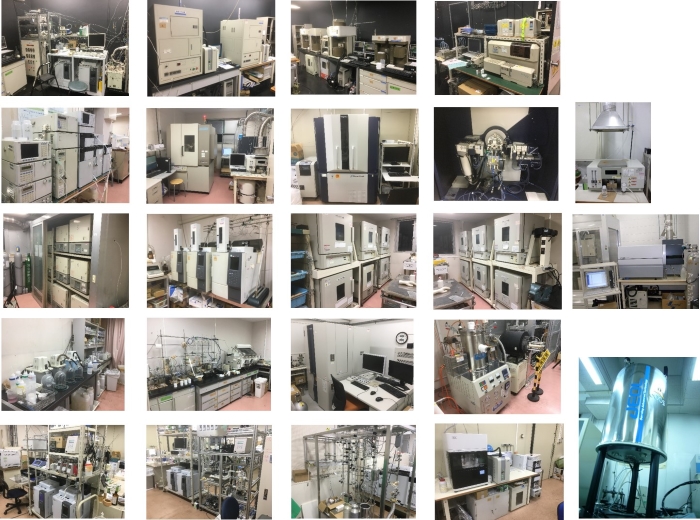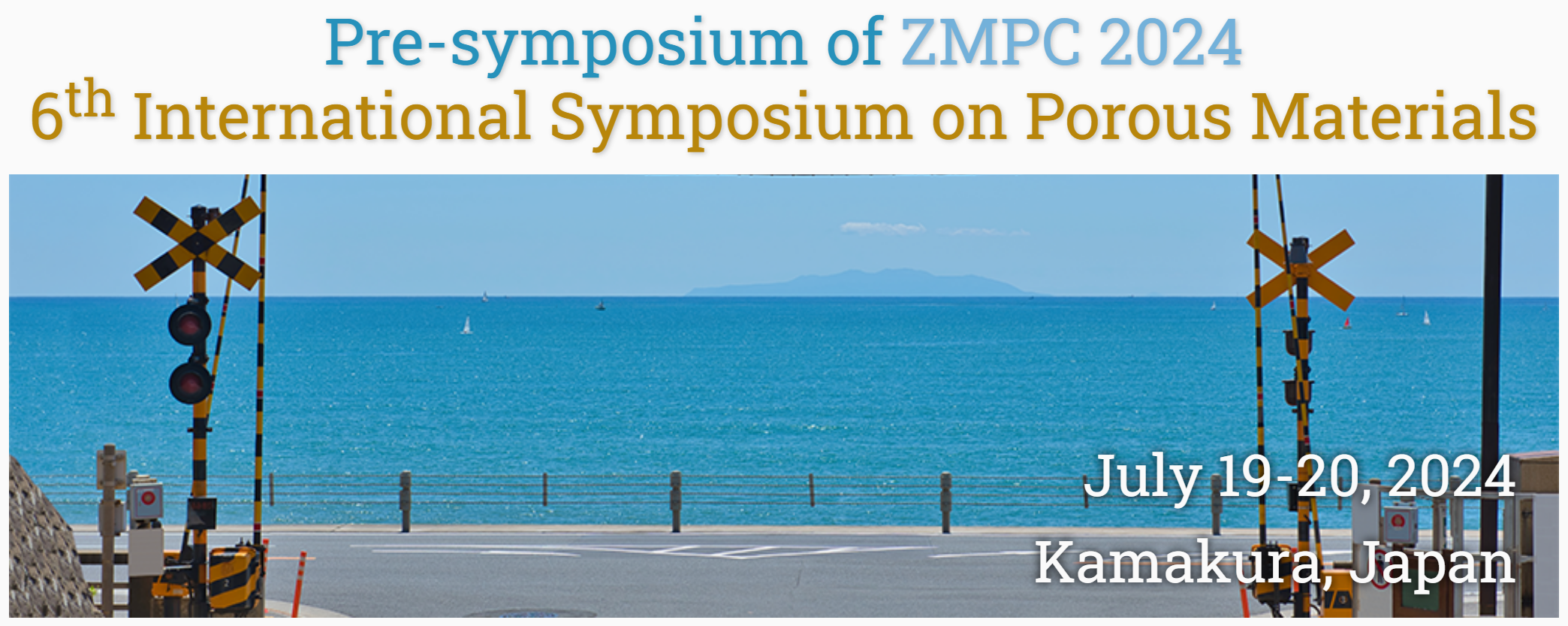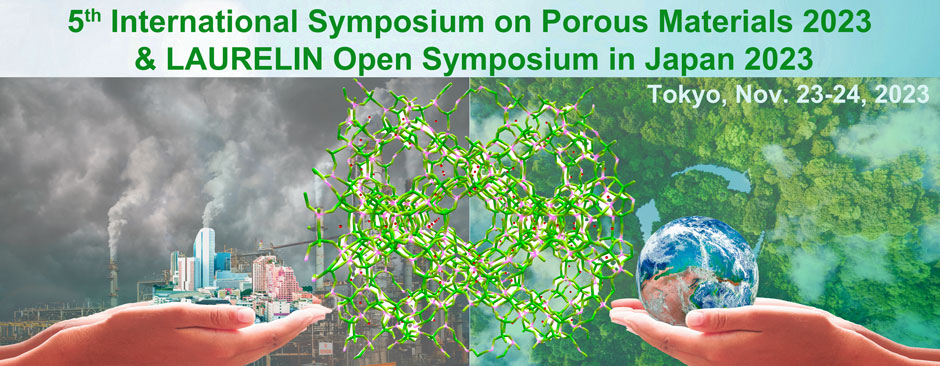Research
The Nanospace Catalysis Research Unit is involved in the following three major research projects.
Nanospace catalysts development
-
【Zeolites】
- Development of methods to control and evaluate the position and distribution of heteroatoms (Al, Ti, Ga, Fe, Sn, etc.) in the zeolite framework.
- Elucidation of dominant factors controlling hydrothermal stability of zeolite catalysts and development of aluminosilicate zeolite catalysts with controlled Al distribution with the aim to improve their hydrothermal stability.
- Creation of multifunctional core-shell zeolite catalysts by heterostructured zeolites and analysis of their structure and reaction mechanisms.
- Composition control, heteroatom distribution control and particle morphology control of large pore CON-type zeolite catalysts.
- Development of a new zeolite synthesis method using zeolite as a raw material for zeolite synthesis and expansion of its application in catalytic materials
- Development of novel zeolite-based SCR catalysts: exploration of pore structure, control of ion exchange sites and improvement of hydrothermal stability. 【Mesoporous materials】
- Development of monodisperse spherical mesoporous silica nanoparticles.
- Development of chiral mesoporous silica and its application as an asymmetric synthesis catalyst and asymmetric separation agent. 【Silica nanoparticles】
- Precise particle size control of monodisperse silica nanoparticles (6nm~).
- Synthesis of monodisperse silica nanoparticle colloidal crystals with controlled higher-order structure
Catalytic reaction process development.
- Development of carbon dioxide resource recycling process technology: development of zeolite catalyst to enable production of lower olefins from non-fossil resources.
- Development of zeolite catalysts that enables the synthesis of lower olefins from CH4 via CH3OH: metal ion-exchanged small-pore zeolites.
- Synthesis of high value-added products by titanosilicate zeolite catalyst/hydrogen peroxide oxidation (regioselective epoxidation reaction).
- Highly difficult selective oxidation reactions using zeolite catalysts: CH4→CH3OH, benzene→phenol, propylene→PO.
- Development of zeolite catalyst for synthesis of lower olefins from FCC process.
- Control of the acidity of zeolites prepared by the OSDA-free method and their application as catalysts.
- Synthesis of useful chemicals from biomass using zeolite catalysts.
- Development of Zeolite catalysts for Baeyer-Villiger oxidation.
- Development of zeolite solid base catalysts.
Advanced structural analysis and assessment methods development
-
【Structural analysis by Multinuclear High-Resolution Solid-State NMR (JEOL ECA600)】
- Structural analysis of zeolites by MQMAS and DQMAS methods.
- Structural analysis by variable-Temperature Solid-State NMR Spectroscopy. (solid-state NMR measurements using a variable temperature probe) 【Analysis of various structures and reaction mechanisms by advanced in-situ FT-IR methods using probe molecules】
- Evaluation of zeolite acid site distributions and strength.
- Structural analysis of Cu-containing zeolite catalysts for NH3-SCR by NO adsorption FT-IR.
- Evaluation of the basicity of zeolite solid base catalysts. 【Development of advanced SEM observation technology in order to meet diversifying material analysis needs (Hitachi SU9000) 】
- Ultra-precise surface observation by low-voltage ultra-high spatial resolution SEM observation.
- Intraparticle observation of nanoporous materials by cross-sectional SEM observation and elemental analysis.
- In-situ SEM observation of nanoporous materials.
Research equipment




